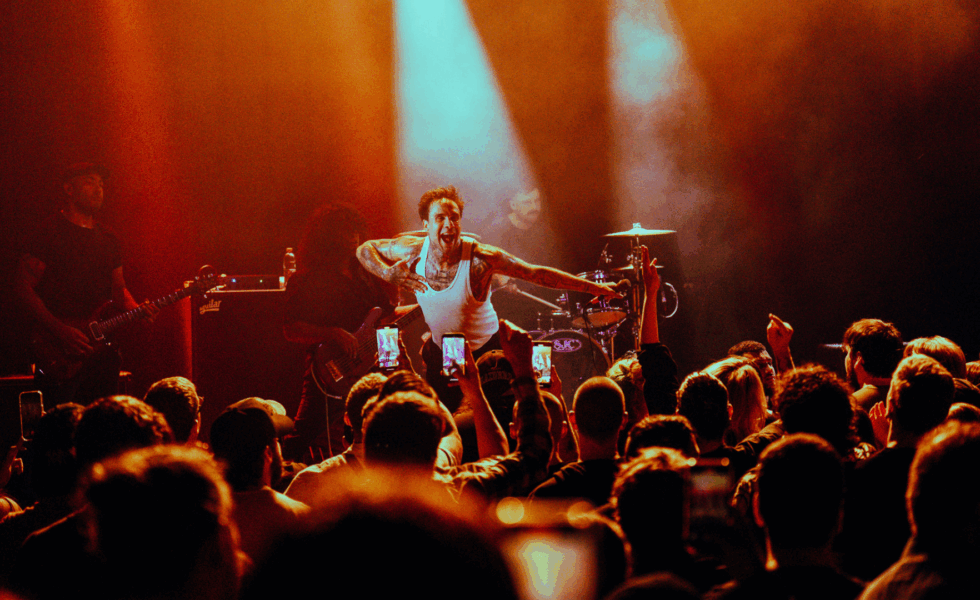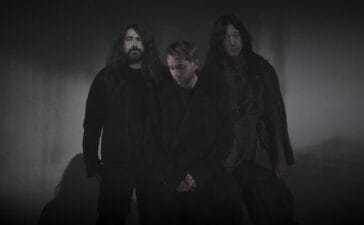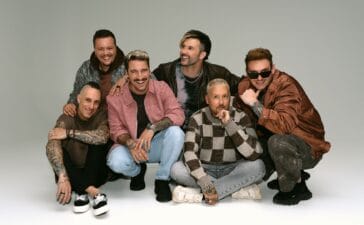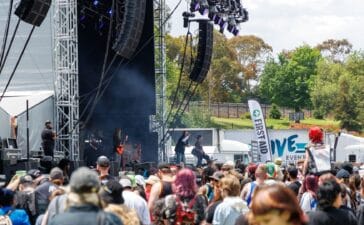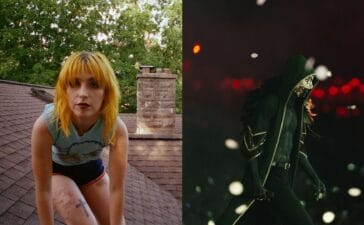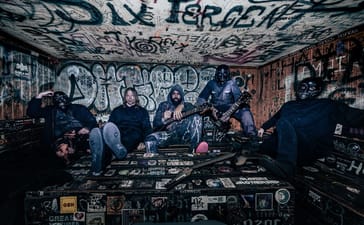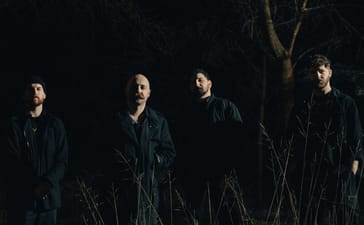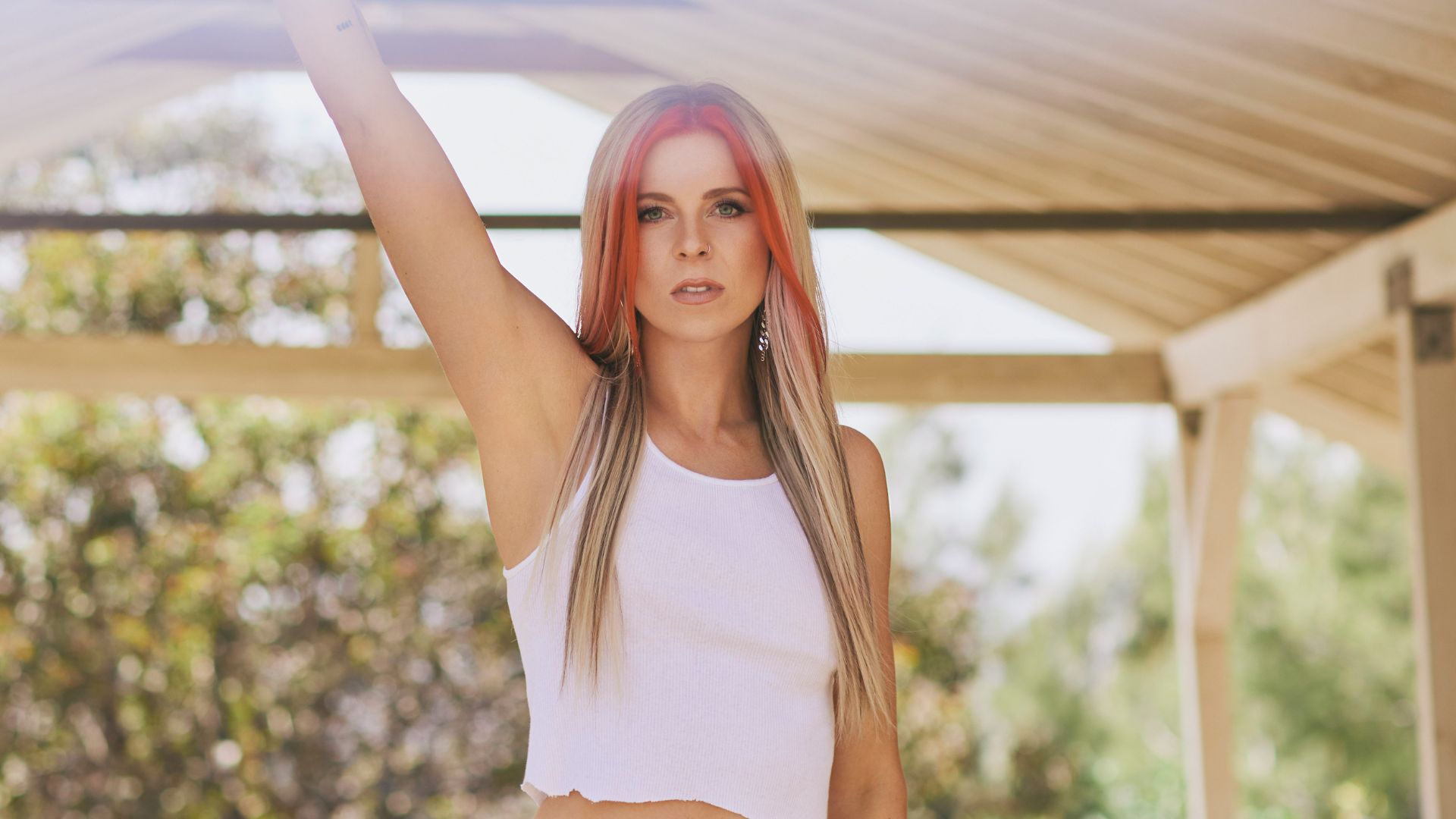The room at Max Watts was already humming before letlive. even stepped on stage. Sweat, chatter, the restless shuffle of bodies pressing closer to the barrier – all the familiar signs of a gig about to erupt. But for me, this night wasn’t just about saying goodbye to a band I’d loved for more than a decade. It was about seeing myself reflected, maybe for the first time, in a scene where I’d always felt a little out of place.
This isn’t a review – this is a love letter to the band who would show me what it actually means to be true to oneself.
I first discovered letlive. as an anxious 16-year-old, still in high school, socially awkward, trying to learn how to be comfortable in my skin as a young Muslim girl with questionable fashion sense but impeccable music taste. Growing up visibly “other” in a post-9/11 world meant I struggled with taking up space in places I felt I shouldn’t be.
At my first concert at 17, the internal crusade between “are people staring?” and “fuck that, I deserve to be here!” was raging inside me. Every gig after that, I knew there was no one else who looked like me. There were POC in the scene, yes, but I was almost always the only visibly Muslim person in the pit.
I’m lucky that my experiences have been mostly uneventful, aside from the occasional stare that lasted just a touch too long. Still, the pre-gig anxieties lingered – years of microaggressions take their toll. By my mid-20s, as I carved out a small reputation as a music journalist and aspiring teacher, those self-doubts had slowly softened from screams to whispers.
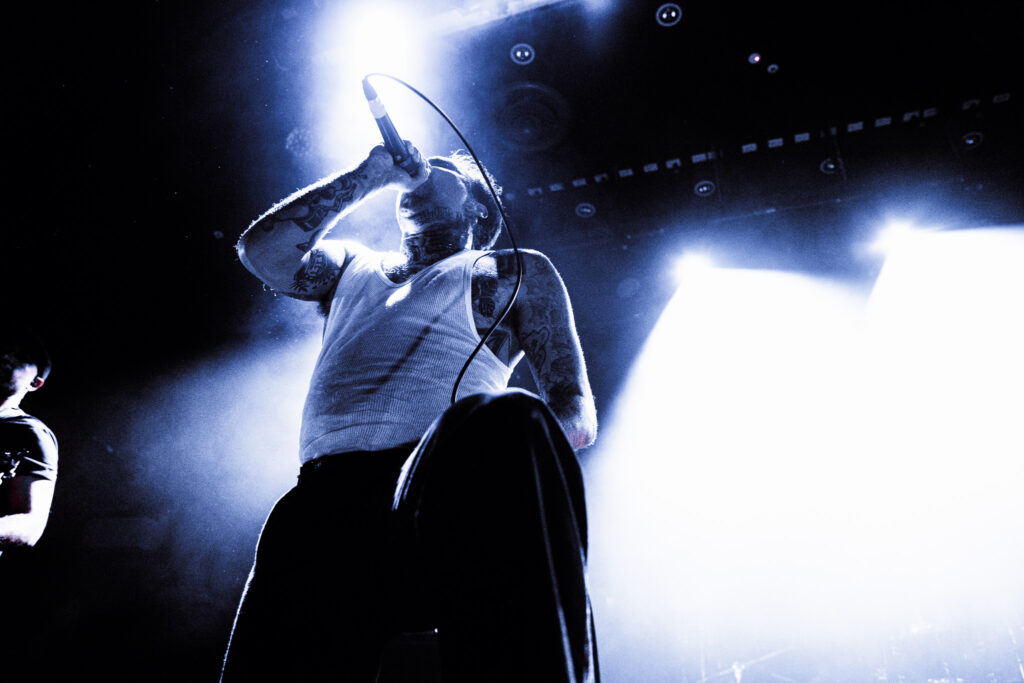
Walking into Max Watts as a 30-year-old mum of two to farewell the icons who soundtracked my youth, a lot had changed — but some things stayed the same. The March for Australia rallies a week prior had scarily echoed rhetoric similar to the Cronulla riots, resurfacing my questioning of whether I was genuinely safe to be in a space that wasn’t really designed for people like me. I found comfort in going with two close friends, one also in hijab.
Whatever looks came our way, we knew we were there to give one of our favourites the send-off they deserved. Soon enough, more joined us at the barrier: my friend’s younger sister, her brother, and his mate. Somehow, our small group of six Muslims had claimed a stretch of the barrier. That moment alone felt healing. And then something unexpected happened.
“Assalamu-alaykum,” I turned to see a young guy in a singlet, smiling. I recognised him from the meet-and-greet earlier but froze in panic. Was he taking the piss? Is he about to launch into an Islamaphobic tirade? Is he going to yell “PSYKE” and turn our presence into the night’s running joke? My friend instinctively returned his greeting, “Wa alaykum-assalam.”
To my embarrassing disbelief, he was genuine. He was Italian, a huge letlive. fan, and a Muslim revert. Suddenly the running joke wasn’t just my presence, but actually all of ours. Because what do you mean there are seven of us lined up at the barrier, like some hardcore pilgrimage? Sixteen-year-old me would never have believed it. I wondered why it had taken me 14 years of gig-going to feel represented in the scene. And then letlive. took the stage, soon answering that very question.
Launching into their career-spanning set, letlive.’s chaotic energy filled every corner of the room with urgency. Guttural screams, mics dragged across Jeff Sahyoun’s guitar strings, trashcans and sprays of water framed my hoarse cries of lyrics back at the conductors of our collective healing. From ‘Le Prologue’ to the closing chaos of ‘Day 54,’ every song felt like both a celebration and a release. Old favourites bled into newer tracks, each one a reminder of how relentlessly this band pushed at the edges of their genre. To the untrained eye, it might have just looked like a good fucking time, but to me it was catharsis. Amid the surges and pauses, Butler’s unapologetic “Free Palestine” is met with cheers, reminding me that this band’s ferocity was always tethered to sincerity and their fanbase reflected that.
In the intimacy of Max Watts, nothing could be hidden. In an era where many bands thrive on empty virtue signals, letlive. simply lived what they sang. Butler wept openly, soaking in the crowd’s energy. His wife and children stood at the side of the stage, watching with pride.
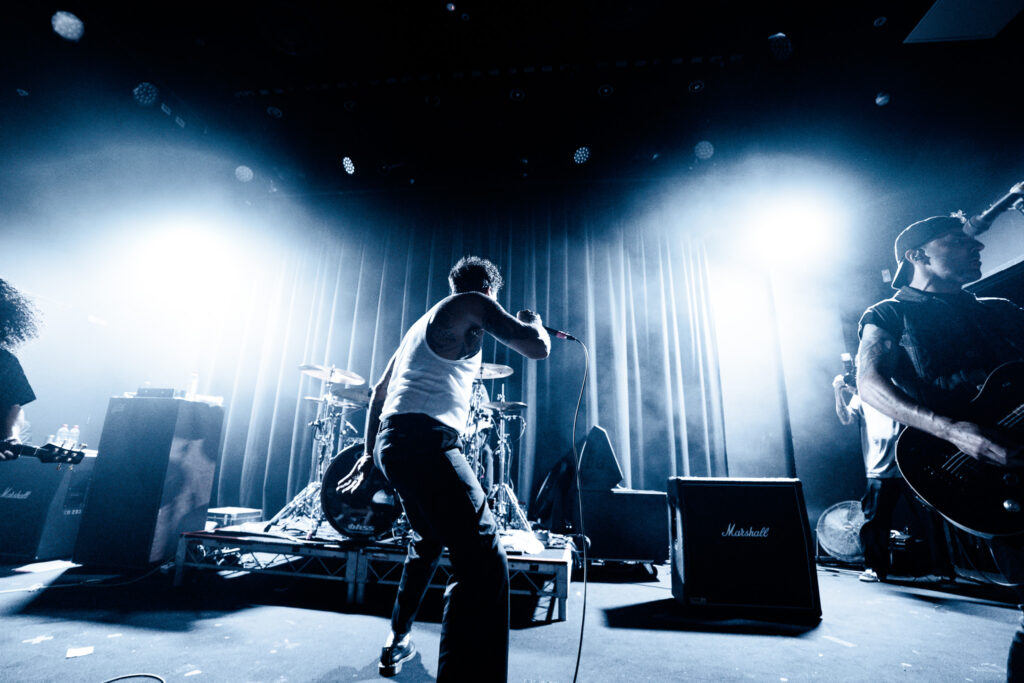
At one point, he turned to his son through tears: “I love you more than you will ever know.” It wasn’t just a declaration, it was embodiment. The vulnerability, the willingness to feel everything, mirrored what was happening in the pit. On that stage, Butler radiated the strength of someone who has endured and transformed. I now see his choice to close the chapter on letlive. isn’t a surrender, but a conscious act of self-preservation and renewal: proof that moving on can be just as powerful as holding on.
letlive. gave permission to be raw, to exist unapologetically, and it struck me: I belong here. I don’t need to water myself down for anyone’s comfort. I wouldn’t want my daughters to do that, so why should I?
letlive. are not revolutionary pioneers of inclusivity. Rather, they are extraordinary for mastering the art of reflecting the human condition with sincerity, vulnerability, and ferocity. They created a space where I had to confront who I was, who I am, and who I want to be. And that in order to see myself represented in these spaces, I had to show up first.
That night was more than a farewell show. It was proof that healing happens in the most chaotic of places, in screams, sweat, and the presence of community. It was a reminder that music can carve out room for those who’ve been told they don’t belong. And for me, it was a promise I’ll carry forward: to live unwatered so my daughters can too.


